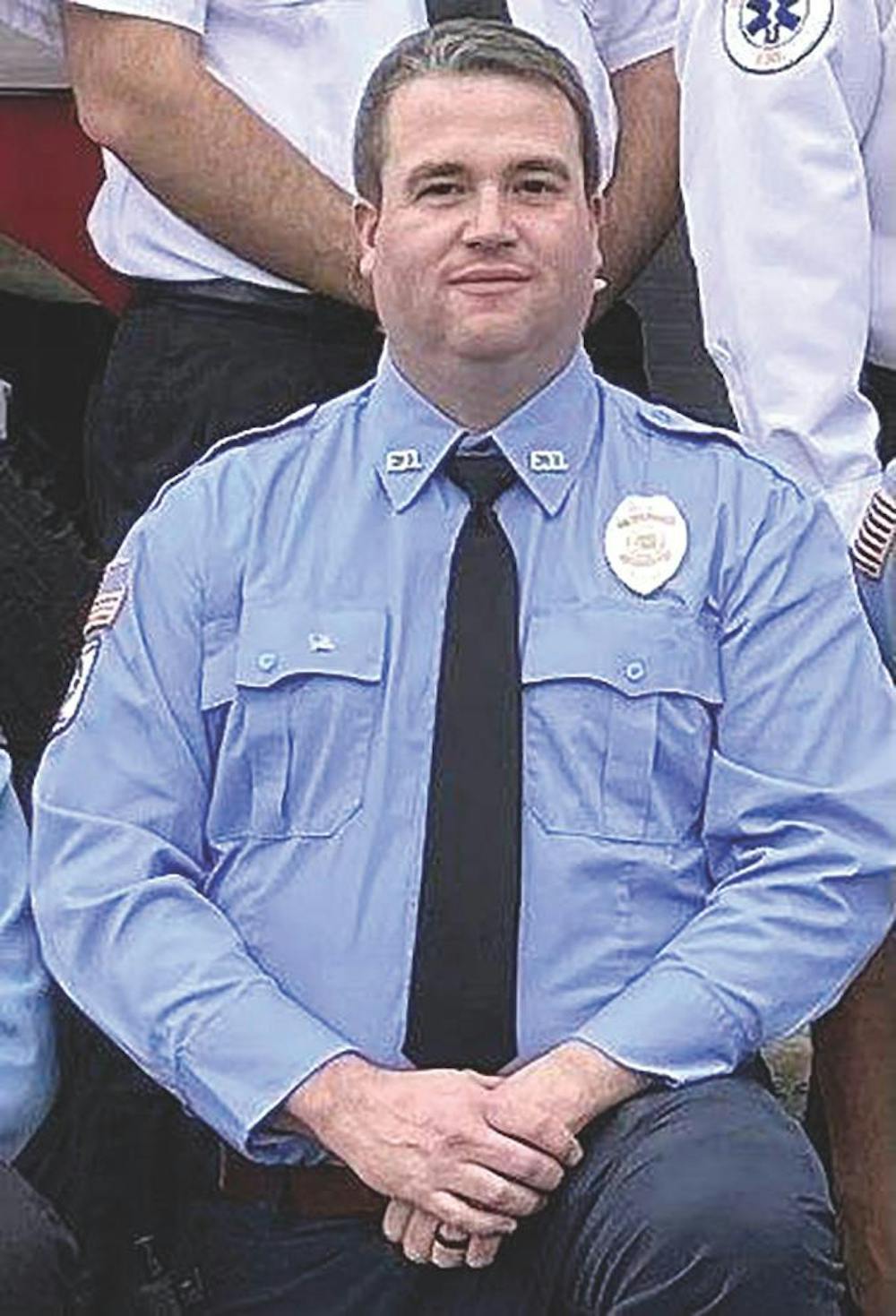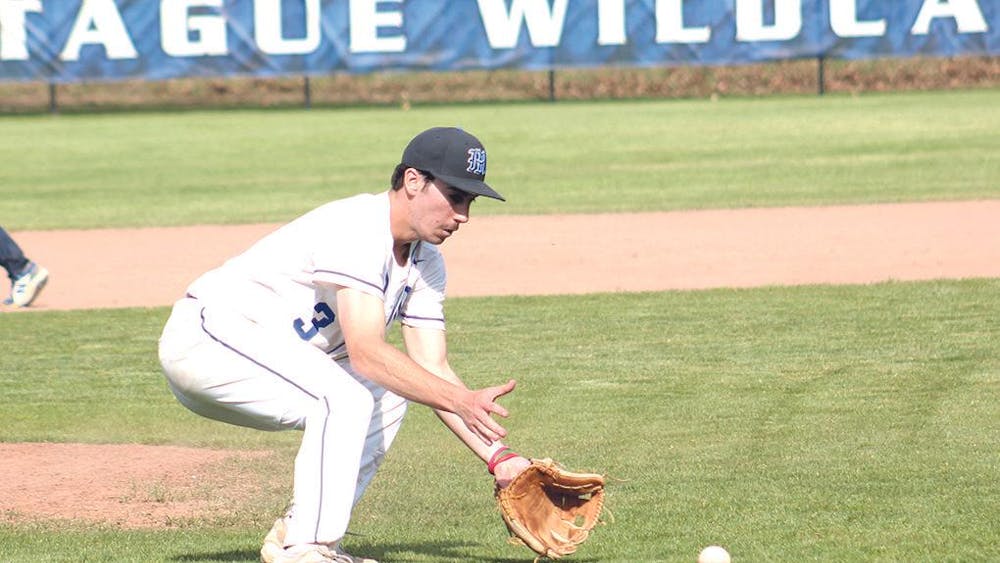A bill in each house of the Michigan legislature is aiming to close a gap in worker’s compensation law that denied the family of Grant Township firefighter Michael Buitendorp benefits after Buitendorp died of a cardiac event while on duty in fall 2020.
Buitendorp was a part-time on-call firefighter when he passed away due to a cardiac event while en route to fight a fire in Otto Twp. The current law exempts insurance companies from having to pay benefits for cardiac or respiratory diseases for first responders who are not full-time employees.
“This is detrimental to public safety,” Grant Twp. fire chief Dan Yost said. “You can be working on a fire next to a full-time guy and he’s covered if he has a heart issue, and you’re not. That’s troubling.”
House Bill 4729, sponsored by Democratic state Rep. Will Snyder, would close that loophole, which Snyder said many in the legislature did not even know existed until Yost and since-retired Muskegon Twp. fire chief Dave Glotzbach met with legislators over the past few years. Senate Bill 0244, sponsored by Republican state Sen. Jon Bumstead and introduced in the senate last March, has the same aim.
Snyder and Yost both said it’s possible some insurance companies elected to pay such benefits in the past, which could be a reason so few were aware that current Michigan law exempts such coverage. However, Yost said the insurance company he dealt with on behalf of the Buitendorp family specifically cited the law, which led to his efforts to change it.
Yost, who is the fire chief part-time - his full-time job is heading up the EMS program at West Shore Community College - said cardiac events are a leading cause of death for public safety workers. A 2022 Cordico study said the risk of sudden cardiac death is 18 times higher in first responders 45 and older than for the general population at the same age.
“Heaven forbid you have a heart attack after getting home (from a first responder shift) at 3 a.m.,” Yost said. “It’s not just here, it’s across the country.”
The efforts to push through the bill are especially relevant to rural districts like Grant Twp. and further north, where the majority - if not all - of first responders are on call part-time; Snyder said 72 percent of state firefighters would fall into that category, and more in rural areas.
“It’s a huge number,” Snyder said. “I’ve talked to one member of the committee, and he said he has no firefighters full-time in the entire district. It’s just the nature of how we take care of fire service. To close this loophole is important. Obviously there has been some pushback from some local government and insurance folks, but we’re trying to navigate a way to make sure this doesn’t happen again, so that the families of potential victims don’t have to be denied the worker’s compensation benefit.”
The bills have bipartisan support, as evidenced by the two bills’ sponsors coming from two different parties. Snyder said Bumstead’s requested he worked to get the house bill moving after the latter encountered some obstacles at the state senate level.
However, there are currently obstacles at the house level as well. Snyder said there is some gridlock at present due to the current 54-54 makeup of the state house. Two Democrats in the state house won mayoral elections in November and stepped down as representatives as a result, leaving two seats empty that won’t be filled until an April special election.
Despite those issues, Snyder said it’s his goal to get the bill put to a vote this spring. He anticipates having more success once the two state house seats are filled.
“We’re trying to navigate the divide right now in the interim,” Snyder said.
The bill’s immediate future is uncertain, but Yost said he is continuing to spread the word.
“We’re trying to make things right for future responders,” Yost said. “We’ll never be able to get anything for Mike, but we can fix it for the future.”














